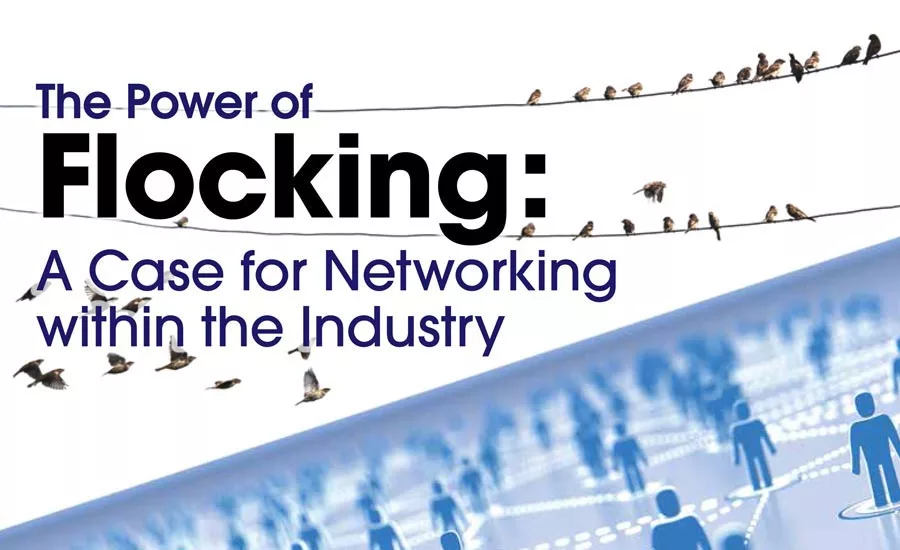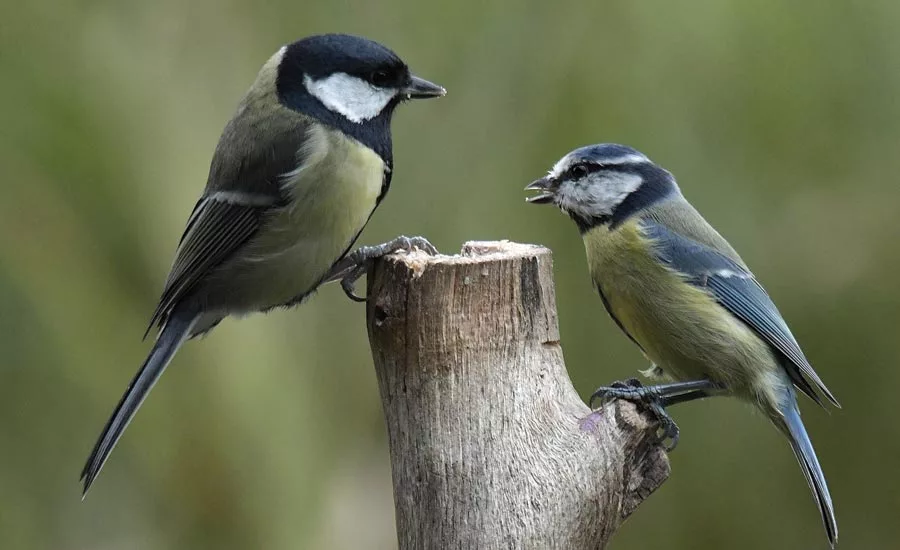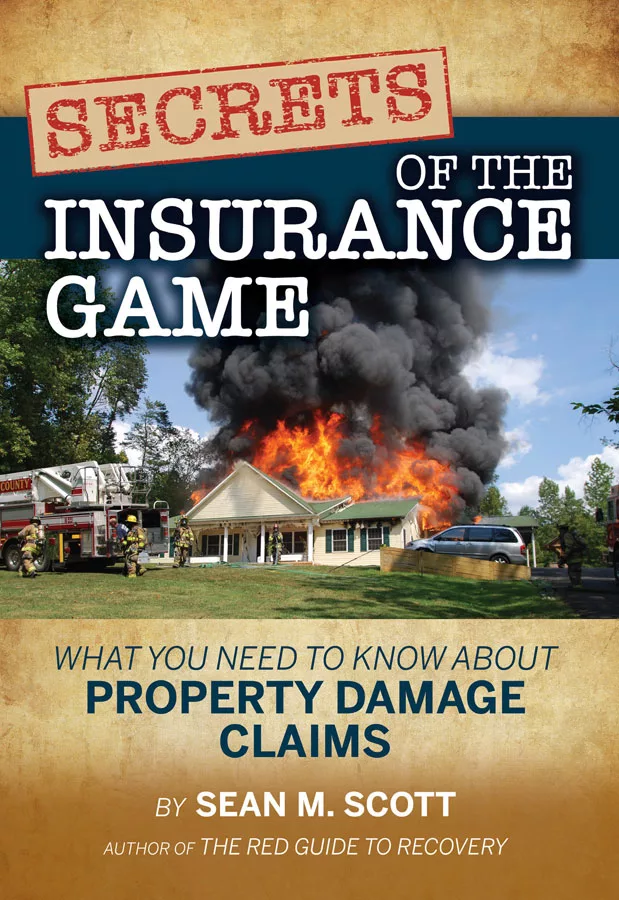The Power of Flocking: A Case for Networking within the Industry


Networking is imperative to success is any business or industry, including restoration and remediation. Where a debate ensues is with whom you should be networking.
For you, it is vital to network among the centers of influence within the restoration and remediation industry. These are businesses and professionals who might never hire you directly, but are likely to send scores of people to you. These include insurance agents, realtors, and tradesmen, such as plumbers.
In addition, it is important you become networked within your general business community. Again, these businesses and professionals might not do business with you directly and may only occasionally refer clients. Nevertheless, it is good to be on their radar as this awareness can lead to sponsorship opportunities, introductions to centers of influence, and other business prospects.
There is also value in networking within the restoration and remediation industry itself. That is, get to know suppliers and fellow service providers. There is even merit it building relationships with people who do exactly what you do.
“Err, what was that?” That’s correct. There is merit in networking with competitors.
As you ponder that, consider this: The United Kingdom had a longstanding milk distribution system in which milkmen in small trucks brought the milk in bottles to the door of each country house. At the beginning of the 20th century, these milk bottles had no tops.
As a result, birds — such as titmice and robins — had easy access to the cream that rose to the top of the milk in each of the bottles. In addition to not being sanitary, these birds were stripping milk of its vital nutritional value.
This prompted dairies in the 1940s to start installing aluminum seals on milk bottles. Thus, when the milkman delivered the product, the birds were effectively prevented from getting at the cream.
This only worked for a short while, though. One by one, titmice learned to pierce this weak defense. Before long, the entire titmouse population was only mildly inconvenienced by the aluminum caps.
The same was not true of the robins, however. As a species, they never learned how to get around the bottle cap and pierce the cream at the top of the milk. Effectively, the robins were foiled (pun intended) from getting at the milky cream.
Why was this? After all, the robin and the titmouse are very similar birds in size and physical characteristics. The difference was in how the birds interacted within their own species. The robin is an individualistic bird. They are self-serving and territorial. Rather than cooperate with one another, when a fellow robin comes near, a rival will chase it off.
The titmouse, on the other hand, is a communal bird, relying on one another heavily for survival. They cooperate and collaborate together, quickly learning what works and what doesn’t for one another. In short, as a species they are able to adapt to changing conditions and learn from each other.
With that, you can choose to be like the robins. You can become wary of your competition. You can operate independently. You can — figuratively and actually — mind your own business. Like the robin, you will do just fine. But like the robin, you may be missing out on opportunities, as well.
Or you can choose to operate like the titmouse. You can network with the people who do what you do, near and far. None of this suggests sharing your client list with anyone. None of this advocates revealing to the cross-town competition your important strategies relative to marketing and client service. By all means, use common sense on those things.
What this does advocate, however, is collaborating and cooperating with others in the restoration and remediation industry. Certainly, this involves getting acquainted with competitors and quite possibly developing friendly business ties. These cordial smiles, handshakes and e-mails will lead to relationships where communication will ensue, involving the sharing of …
- Best Practices: “My accountant told me about an amazing cloud-based scheduling software. It’s become a Godsend for us. It might help you too.”
- Forewarnings: “In case you were not aware, Blue Sky Insurance has a new underwriting procedure related to electrical fires. You should get up to speed, but here is a brief overview.”
- Ideas/Insights: “Here’s a local marketing campaign we did last year just after the holidays. It gave us a record January.”
- Encouragement: “I am sorry you lost out on that engagement. This business can seem cutthroat at times. I have been there … more than I care to admit. But, I have been there enough to tell you that things will work out for you in the end.”
- Resources: “I heard about the break-in at your shop. I am sorry. We have some equipment and our fifth truck sitting idle this week. Help yourself until your insurance comes through.”
- Business: “We just landed a job related to that fire in the warehouse district. Dude! This is B-I-G big and we can’t do it alone. Want in?”
In short, if you are willing to network with others in the restoration and remediation industry, you will learn and open yourself up to opportunities. At the same time, you will educate and enhance the business of others. And together you will serve to improve the entire industry.
Looking for a reprint of this article?
From high-res PDFs to custom plaques, order your copy today!






